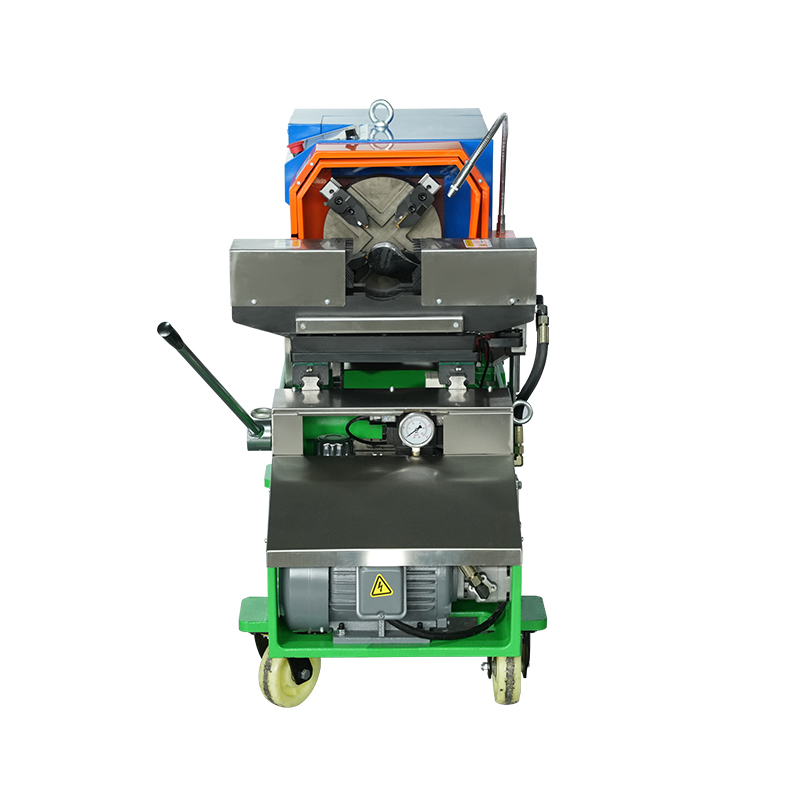Intelligent Threading Machine
1. Automatically identify the pipe diameter 2. Automatic tool adjustment and setting 3. Thread diameters from 15mm to 100mm 4. Threading time as lo...
See DetailsThreading machine is essential tools in metalworking, plumbing, and manufacturing industries. They are used to create screw threads on pipes, rods, and other cylindrical materials. This article explores the types of threading machines, their applications, maintenance tips, and how to choose the right one for your needs.
A threading machine operates by cutting or forming threads onto a workpiece. The process involves rotating the workpiece or the cutting tool to create helical grooves. There are two primary methods:
Key components include the threading die, chuck, gearbox, and feed mechanism. The machine ensures precision and consistency in thread pitch, depth, and angle.
Threading machines come in various types, each suited for specific applications. Below is a comparison table:
| Type | Description | Common Uses |
|---|---|---|
| Pipe Threading Machine | Designed for threading pipes, often used in plumbing and gas lines. | Plumbing, HVAC, oil and gas industries. |
| Bench Threading Machine | Compact and mounted on a workbench for small-scale threading tasks. | Workshops, small manufacturing units. |
| CNC Threading Machine | Computer-controlled for high precision and automation. | Aerospace, automotive, and precision engineering. |
| Automatic Threading Machine | Performs threading operations with minimal manual intervention. | Mass production in factories. |
When selecting a threading machine, consider the following features:
Threading machines are used across multiple industries:
Proper maintenance extends the lifespan of your machine:

Here are some common problems and solutions:
Follow these safety guidelines:
Consider these factors before purchasing:
While both create threads, they differ in application:
Benefits include:
Some limitations to consider:
Q: Can a threading machine work on stainless steel?
A: Yes, but ensure the machine is designed for hard materials and use appropriate cutting fluids.
Q: How often should I replace threading dies?
A: Depends on usage. Inspect regularly and replace when threads become uneven or damaged.
Q: What’s the difference between metric and imperial threading machines?
A: They produce threads based on different measurement systems (millimeters vs. inches). Choose based on your regional standards.
Threading machines are indispensable in many industries, offering efficiency and precision. Understanding the types of threading machines, their uses, and maintenance requirements helps in making informed decisions. Whether you're in plumbing, automotive, or manufacturing, selecting the right machine ensures quality and productivity.